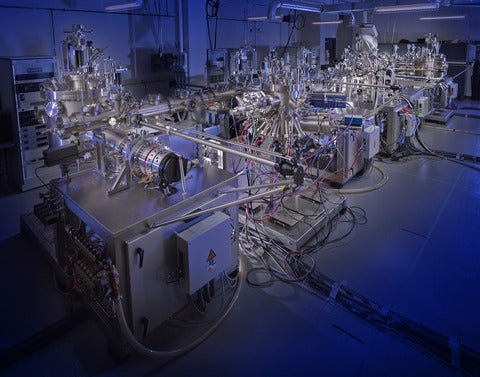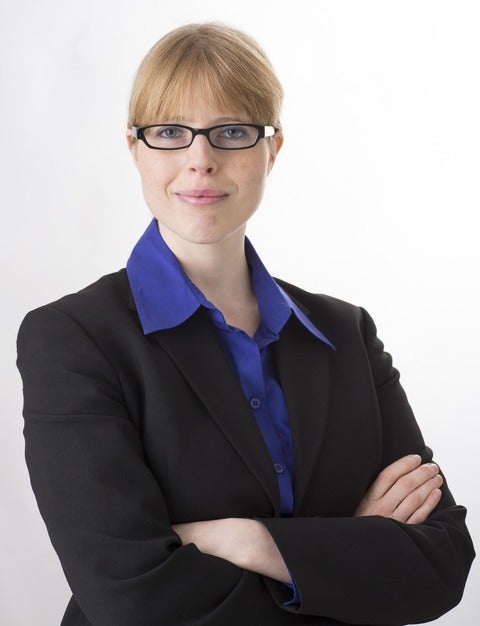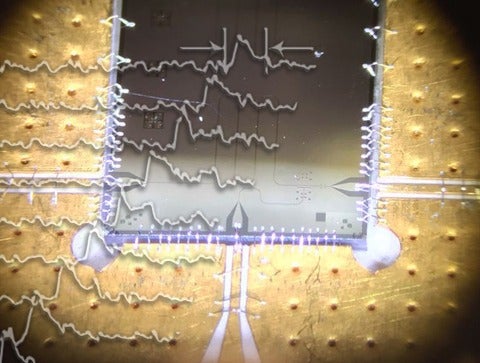From quantum control to quantum computing: How control and optimization design reduces quantum errors
Colloquium: Xiaoting Wang, University of Electronic Science and Technology of China
Quantum information processing (QIP) has been identified as one of the key future technologies that are crucial for communication, cryptography, computing, complex-system simulation, metrology, artificial intelligence and national security. Quantum control, on the other hand, provides a powerful tool to analyze and improve the physical performances of different QIP devices.



 PhD Thesis Presentation
PhD Thesis Presentation